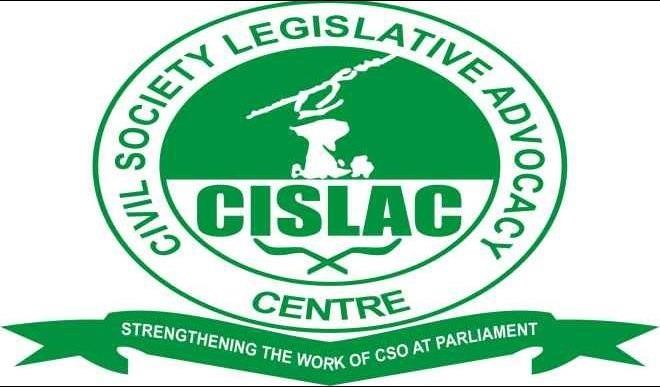The Civil Society Legislative Advocacy Centre, CISLAC, says Nigeria loses over four trillion Naira annually in the extractive industry due to lack of laws and policies.
CISLAC Director of Legal, Mr Adesina Oke, disclosed this at a stakeholders’ meeting on Sunday in Lagos.
The stakeholders’ meeting is a collaborative effort of CISLAC, Connected Development (CODE) and Oxfam.
Oke added that Africa also loses over 50 billion dollars every year due to Illicit Financial Flows (IFF).
He however, noted that pending laws before the National Assembly as well as policies yet to be implemented by the executive could have curbed these losses.
He said that of the 50 billion dollars, Nigeria accounted for 30.5 per cent which represents 15.2 billion dollars.
Oke explained that, out of the 15.2 billion dollars losses, the oil-dominated extractive industry alone represented 95.2 per cent of the figure, amounting to 14.5 billion dollars (N4.44 trillion).
Oke regretted that bills that could have curbed and eventually stopped these loses had been pending before the National Assembly.
He listed some of the bills and policies to include: the Petroleum Industry Bill (PIB), Proceeds of Crime Bill, Whistle Blower Protection Bill and the policy to know the beneficial owners of registered companies.
In an interview with News Agency of Nigeria, Oke said that the losses, coupled with corruption and mismanagement, was the reason the nation had yet to reap measurable benefit from the sector.
“The truth is that there are so many problems confronting the extractive industry in Nigeria which has given birth to Illicit Financial flows.
“From the discussions there are so many gaps, even in terms of our laws; there are so many laws that could have assisted Nigeria in combating IFFs in the extractive sector.
“Laws like the PIB are yet to be passed, the Proceed of Crime Bill is yet to be passed, and we also have the Anti-money laundering and other anti-corruption bills.
“There is need to implement the beneficial ownership for companies, whistle blowers policy and all sort of laws that could have been able to mainstream into an effective combat against illicit financial flows,” he said. (NAN)

 Join Daily Trust WhatsApp Community For Quick Access To News and Happenings Around You.
Join Daily Trust WhatsApp Community For Quick Access To News and Happenings Around You.


